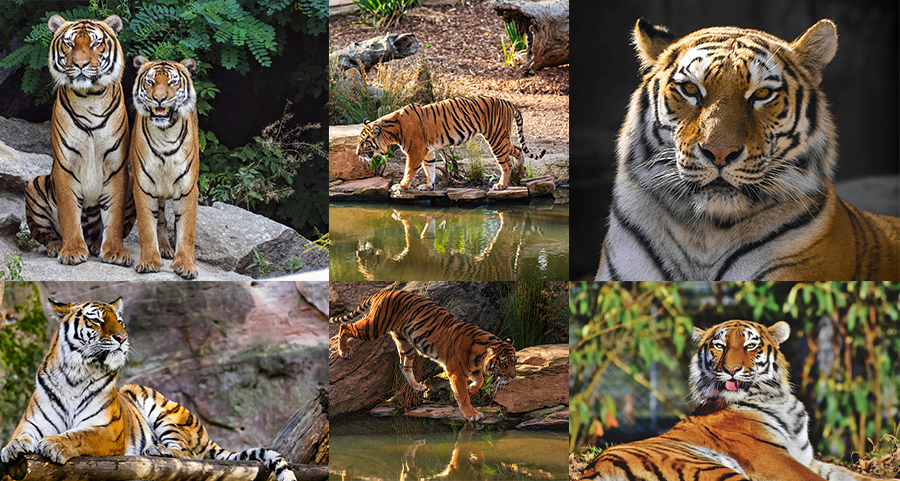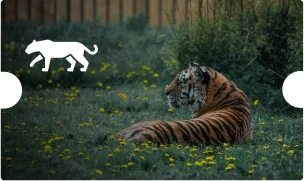Flora
Kanha National Park, located in Madhya Pradesh, India, boasts a diverse and lush flora that supports its rich biodiversity. Dominated by Sal forests, home to towering Sal trees (Shorea robusta) crucial for habitat and food, the park also features extensive bamboo groves along water bodies. Mixed deciduous forests add to its ecological variety with teak, mahua, tendu, and palash trees thriving throughout. These forests host a myriad of medicinal plants essential to local traditions. Beneath the canopy, a dense understory of shrubs, grasses, and seasonal wildflowers flourishes, providing vital resources for smaller wildlife and enhancing the park's natural beauty. This vibrant flora underscores Kanha's role as a sanctuary for wildlife and a haven for nature enthusiasts alike.
Fauna
Kanha National Park in Madhya Pradesh boasts a diverse array of wildlife, headlined by its renowned Bengal tiger population, making it a prime destination for tiger sightings. Leopards, though elusive, also inhabit the park, alongside packs of Indian wild dogs known as dholes. The park's unique feature is the hard ground barasingha, a rare species of swamp deer found exclusively here. Other notable mammals include the imposing gaur, several deer species like spotted and sambar deer, and the reclusive sloth bear. Bird enthusiasts can spot over 300 bird species, including the Indian roller and crested serpent eagle, while reptiles like the Indian python and monitor lizard add to its rich biodiversity, offering visitors a memorable wildlife experience.











